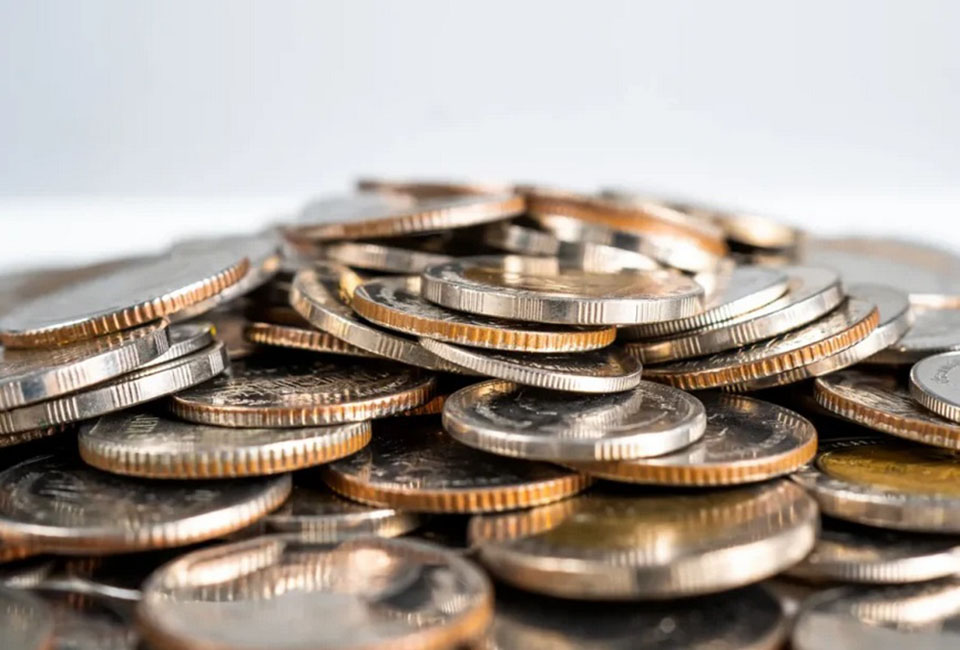
BANGKOK, Thailand – Krungthai GLOBAL MARKETS reports that the Thai Baht opened at 34.51 per US dollar on November 12, weakening significantly from the previous day’s closing of 34.31. The currency is expected to fluctuate between 34.40 and 34.65 per US dollar. Since the previous night, the Baht has continued to depreciate, trading within a range of 34.30-34.59, mainly pressured by the stronger US dollar.
The dollar’s strength stems from market expectations that under the “Trump 2.0” administration, the Federal Reserve (Fed) may reduce interest rates less than previously indicated in the September Dot Plot. According to the CME FedWatch Tool, the market now anticipates only two rate cuts in 2025 (an 86% chance), down from the four cuts the Fed had signaled. This shift in expectations has put further pressure on the Thai Baht.
Additionally, the strengthening dollar, coupled with the increasing risk appetite in the market, has caused gold prices (XAUUSD) to drop by over $60 per ounce, approaching key support levels around $2,600-2,610 per ounce. Some market participants have seized this opportunity to buy gold, contributing to further depreciation of the Baht.
Despite this, the Baht has not weakened beyond the 34.50-34.60 per dollar range, as market players have started to sell the dollar for profit, somewhat alleviating the Baht’s depreciation near its resistance level of 34.50.
Looking ahead, market participants are focused on key economic reports, including the UK labor market data, particularly wage growth, which will influence the Bank of England’s (BOE) monetary policy decisions. The market currently sees only a 22% chance of the BOE cutting rates in December. In the Eurozone, investors will assess Germany’s economic outlook through the ZEW Economic Sentiment Index. In the US, the focus will be on Fed officials’ statements, especially in light of the US election results, which suggest that Donald Trump’s administration may be able to push through its policies, as Republicans are likely to retain a majority in Congress.
Further influencing market sentiment will be the earnings reports of publicly listed companies, which are expected to impact the financial markets.
Regarding the Thai Baht’s outlook, Krungthai GLOBAL MARKETS notes that the recent sharp depreciation has strengthened the momentum for further weakening. The Baht could test the 34.65 resistance level. However, the depreciation may slow down due to dollar sales from exporters and traders with short Baht positions, who may take profits. Additionally, if gold prices rebound by at least $20 per ounce from their support zone, it could help slow down the Baht’s depreciation.
Overall, the Baht remains under pressure, with the market still believing that the Fed will cut rates less than previously expected, which will support the US dollar and US 10-year bond yields. These factors are also expected to keep gold prices under pressure. Foreign investors may continue to sell Thai assets, and the Chinese yuan (CNY) could also weaken ahead of China’s key monthly economic data, further impacting Asian currencies.








